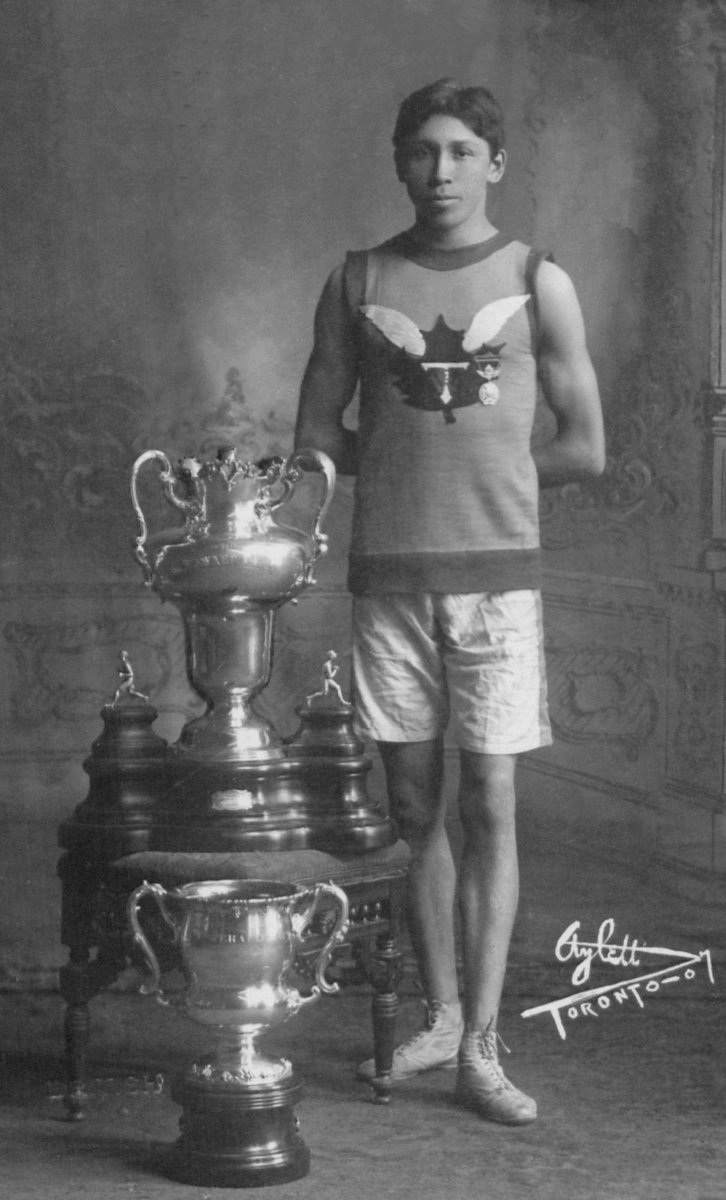
Back in Canada, if you don’t take out the trash, Bert Raccoon might show up with his friends and then you’ll really have problems. Anyway, our folks recently took care of some explosives that were laying around since the Second World War.
In September and November 1942, German U-boats sank four cargo ships near the coast of Newfoundland. More than 60 men perished in the attacks.
The ships carried ammunition, which went down with them. The ships still rest on the bottom of Conception Bay.
The ships carried ammunition, which went down with them. The ships still rest on the bottom of Conception Bay.
This unexploded ordnance poses a threat to divers and marine life, so our folks went to dispose of it properly.
It’s delicate work, but it’s always better to handle a problem before you have an explosion (or raccoons) on your hands, folks.
🎥📸: @JTFA_FOIA
• • •
Missing some Tweet in this thread? You can try to
force a refresh
















